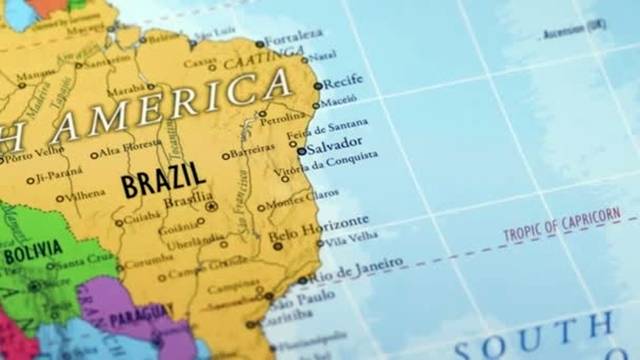Brazilian Wine Industry Faces Rising Threat as Tax Reform and Smuggling Undercut Legal Producers
Lawmakers to debate new Selective Tax and illicit imports amid concerns over competitiveness, public revenue, and consumer safety.
2025-10-31

The Finance and Taxation Commission of Brazil’s Chamber of Deputies is set to hold a debate next Tuesday, June 4, focusing on the effects of the illegal wine market and ongoing tax reform on the country’s wine sector. The session, scheduled for 3 p.m., was requested by Representative Pedro Westphalen of the Progressive Party from Rio Grande do Sul, a state known for its wine production. The location of the plenary session will be announced by the commission.
The discussion comes as Brazil moves forward with implementing a new Selective Tax, part of a broader tax reform package. This tax targets products considered harmful to health or the environment, including cigarettes and alcoholic beverages such as wine. The Selective Tax is still in the regulatory phase, and its final structure has not yet been determined. The stated aim is to discourage consumption of these products through higher taxation.
Representative Westphalen has raised concerns about how the new tax structure could impact the Brazilian wine industry. He points out that the current tax burden is already a major challenge for formal producers, making it difficult for them to compete with illegal imports and informal sales. According to Westphalen, high taxes increase production costs and reduce competitiveness, which in turn hampers efforts to expand the formal sector and combat illegal trade.
The debate will bring together lawmakers, industry representatives, and government officials to examine how changes in taxation might affect production costs, marketing strategies, and overall competitiveness in the national wine market. Westphalen hopes that this discussion will help identify necessary adjustments to legislation, with an emphasis on encouraging formalization within the sector and improving tax collection efficiency.
Another key issue on the agenda is smuggling. Westphalen has highlighted ongoing problems with wines entering Brazil illegally, particularly in border regions. He argues that this illicit trade causes significant losses for domestic producers and undermines government revenue from taxes. There are also concerns about consumer safety, as illegally imported wines may not meet health standards.
The commission has invited several stakeholders to participate in the debate, including representatives from wine producers’ associations, customs authorities, and public health agencies. The goal is to gather a range of perspectives on how best to support Brazil’s wine industry while ensuring effective regulation and fair competition.
The outcome of Tuesday’s session could influence future legislative proposals related to both tax policy and measures aimed at curbing illegal trade in alcoholic beverages. The Brazilian wine sector has grown in recent years but continues to face challenges from both domestic regulations and international competition. Lawmakers hope that by addressing these issues directly, they can create a more favorable environment for legal producers while protecting consumers and public revenues.
Founded in 2007, Vinetur® is a registered trademark of VGSC S.L. with a long history in the wine industry.
VGSC, S.L. with VAT number B70255591 is a spanish company legally registered in the Commercial Register of the city of Santiago de Compostela, with registration number: Bulletin 181, Reference 356049 in Volume 13, Page 107, Section 6, Sheet 45028, Entry 2.
Email: [email protected]
Headquarters and offices located in Vilagarcia de Arousa, Spain.